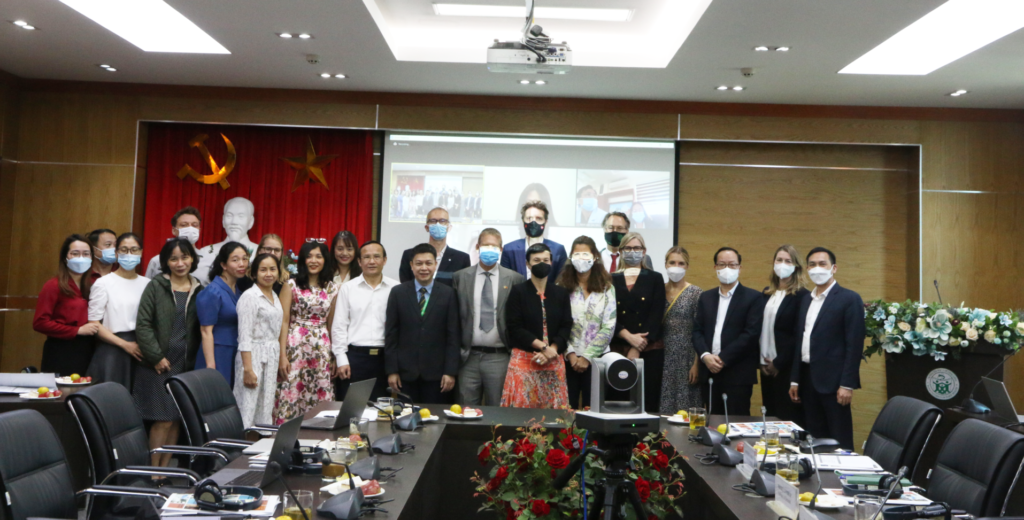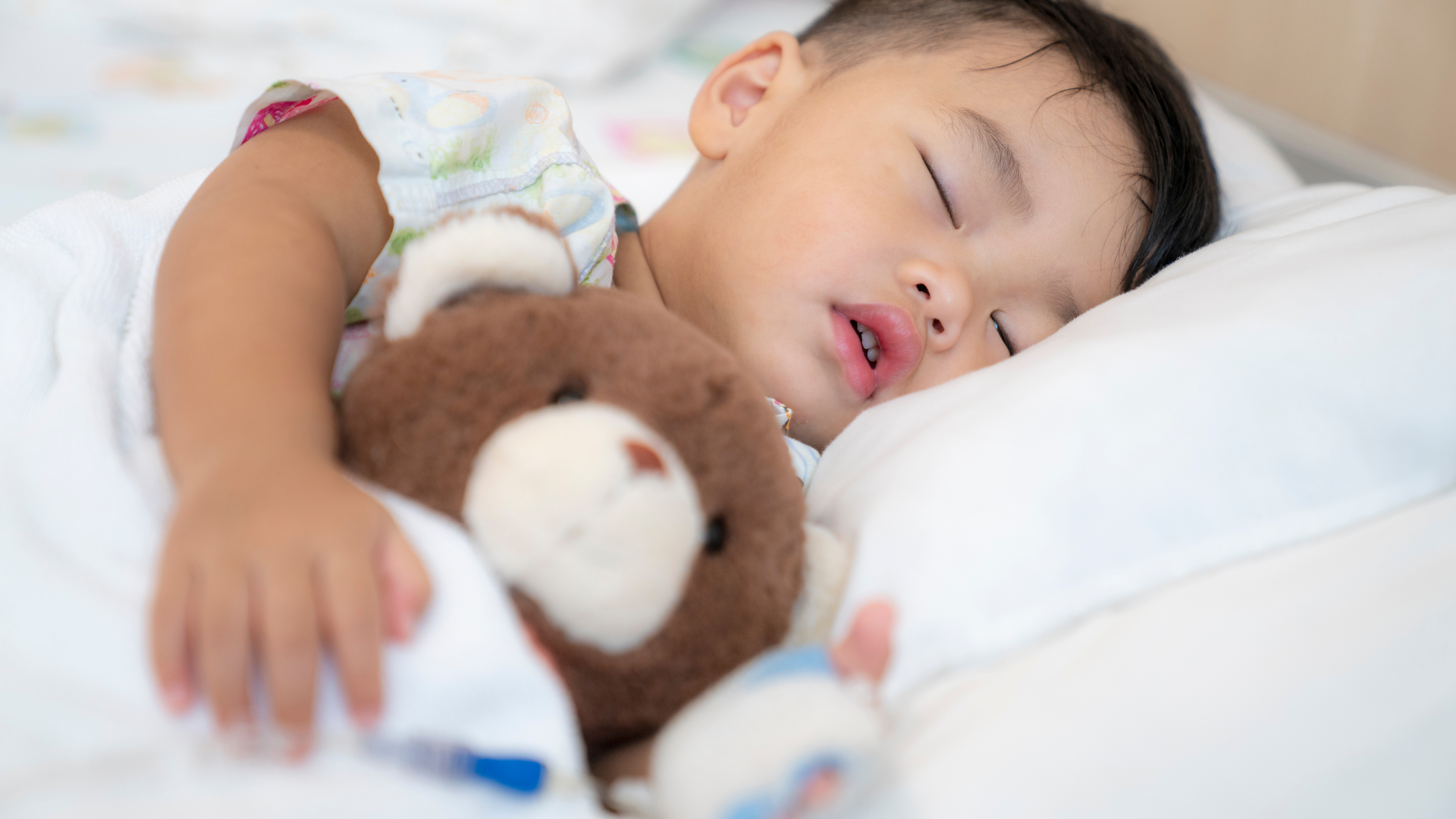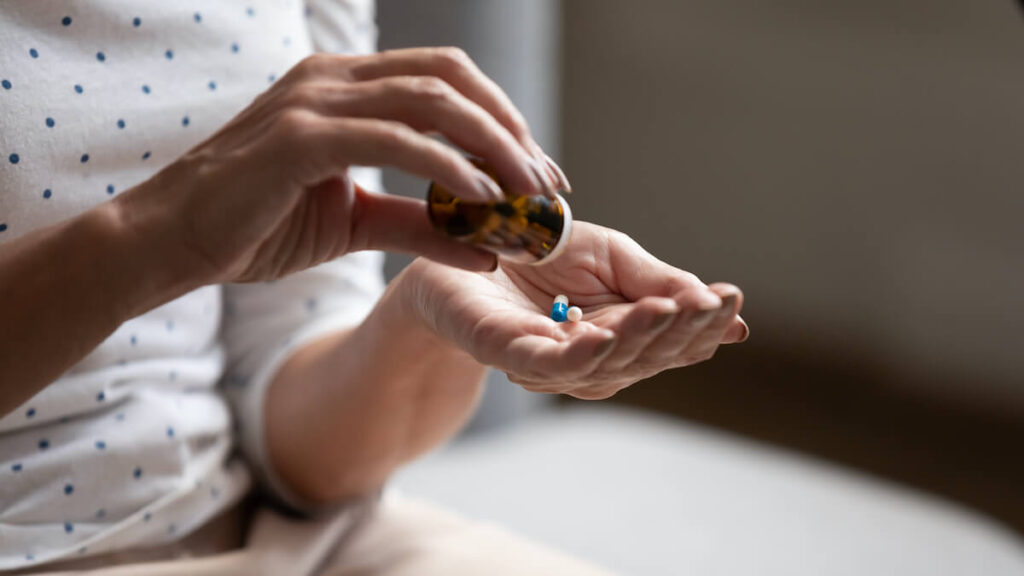Decreasing CRE transmission between hospitals, communities & domesticated animals (I-CRECT)
Context
Antimicrobial resistance (AMR) is a global burden with a One Health perspective as the spread of AMR bacteria in humans, animals, and the environment causes increased mortality and morbidity among humans which results in higher economic costs. WHO has declared carbapenem-resistant Enterobacteriaceae (CRE) to be included on the priority list of pathogens. Colistin resistant Enterobacteriaceae (CoRE) is important to monitor from a One Health perspective since CoRE has been described to be transmitted from animals to farmers, probably due to misuse of colistin as animal growth promoters.
Problem
Hospital CRE transmission causes a high burden of hospital acquired infections (HAIs), mortality and health care costs in Low and Middle-Income Countries such as Vietnam. The CRE colonization of patients discharged from hospitals is a source of transmission to household members and the community. In these settings, measures such as hospital admission screening and cohort care are essential to decrease in-hospital transmission but might not be sufficient to prevent common CRE spread in society. Hence, in addition to hospital screening, assessing CRE colonisation status at discharge and informing patients about their CRE colonisation status, as well as how to prevent household and near environment transmission, and hygiene measures that might be effective to prevent spread. Information about CRE colonisation, disease and measures to prevent transmission, and the risk of unnecessary antibiotic use may empower patients and household members to actively prevent transmission.

Project overview
The overall aim is to reduce and evaluate transmission of CRE from discharged patients to household members, community, livestock and the environment. To assess relatedness of isolates in different one health departments, including transmission of colistin resistance from animals to humans. In a cluster randomized controlled trial, the effect of a bundle of interventions will be assessed on CRE transmission from CRE+ index patients discharged from hospital to household members. An information, communication, education and hygiene intervention, developed in collaboration with local health authorities, will aim to improve hygiene and decrease antibiotic use. The effect will be evaluated on:
- CRE transmission between household members, livestock and environment through consecutive CRE screening using fecal and hospital effluent samples cultured on carbapenem selective media.
- Knowledge, Attitudes and Practice surveys will assess health seeking behaviour, antibiotic use and hygiene adherence, hence detecting the effect of interventions.
If transmission of CRE +/- CoRE (common among livestocks) is detected, the source will be investigated including livestock and food, targeted information will be given and evaluated. In hospitals the effect of cohort care will be assessed on:
- CRE acquisition
- hospital acquired infection
- treatment outcomes
- cost-effectiveness
- contamination in sewage water
Mechanisms of resistance, relatedness of CRE isolates in different One Health departments, and rate of CRE transmission from humans to animals and vice versa, will be assessed through Whole Genome Sequencing (WGS).
Outcomes
- Reduction in CRE acquisition
- Development of evidence-based, contextually appropriate policy options
- Adoption of good husbandry practices and a reduction of use of medicated feeds with colistin
Facts
Region: Asia
Sector: Humans
Country: Vietnam
Type: Supporting activity
Country partners: Hanoi University of Public Health
Funding partners: JPIAMR Research Partners: Linköping University, Sweden; Karolinska Institutet, Sweden; University of Tübingen, Germany; The French Agricultural Research Centre for International Development (CIRAD), France; University of Copenhagen, Denmark
Timescale: 15th February 2022 - 14th February 2025
ICARS funding: 500,000 EURO
ICARS Science Team

Resources
Share
Share this project on socials



